Gallery
Photos from events, contest for the best costume, videos from master classes.
 | 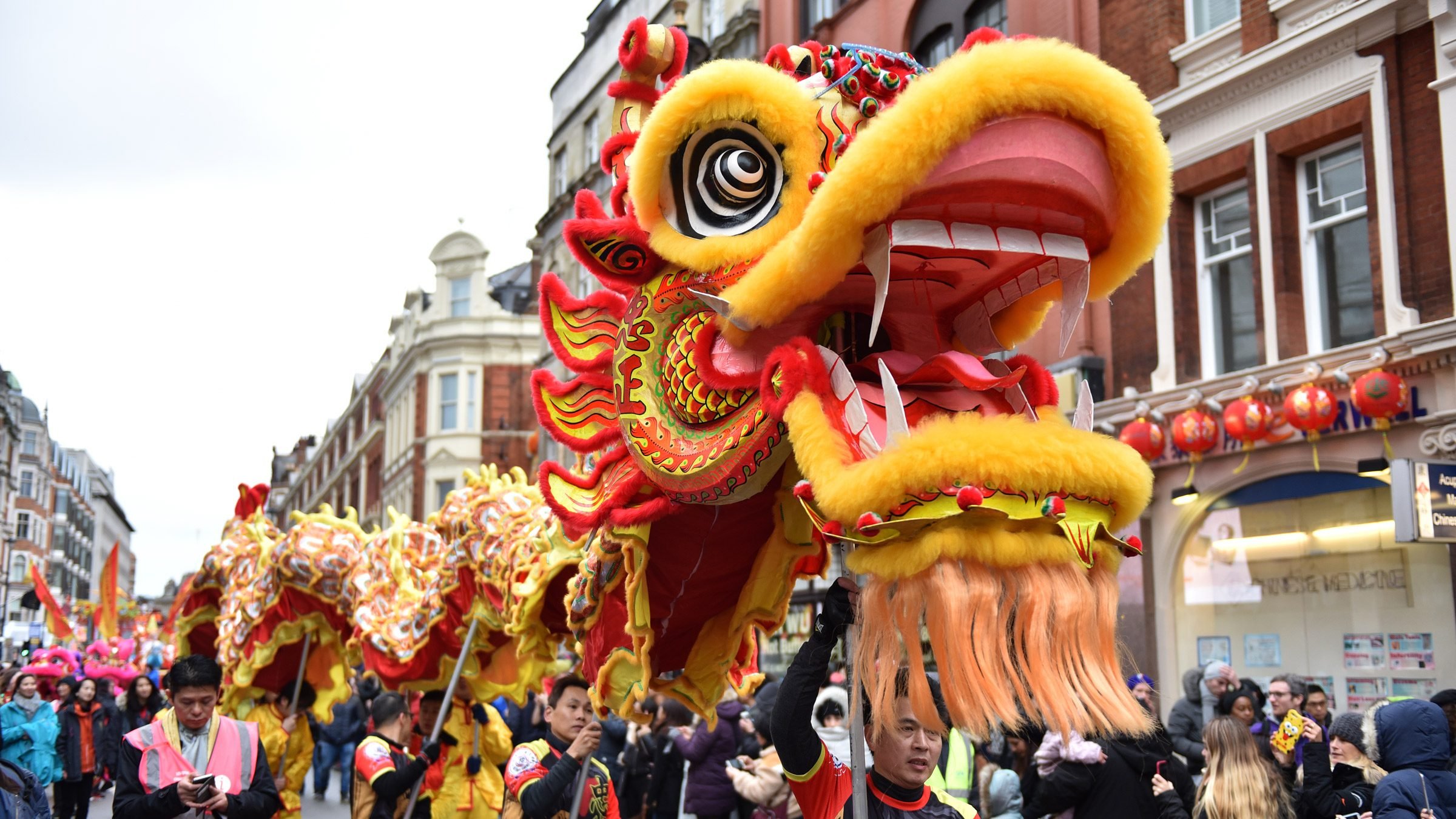 |
:max_bytes(150000):strip_icc()/GettyImages-639699024-5a6f55b2d8fdd50036be4c25.jpg) |  |
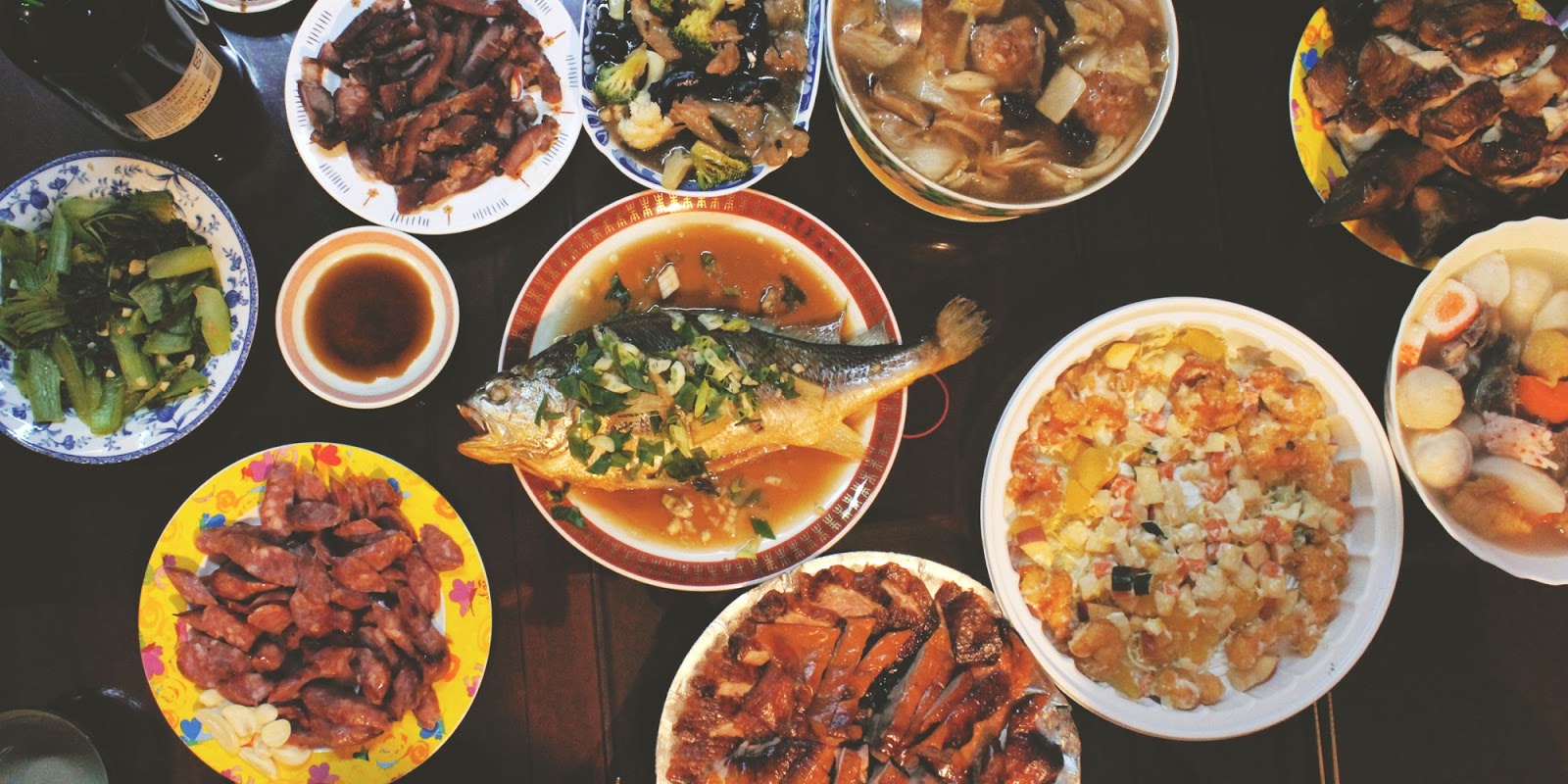 | 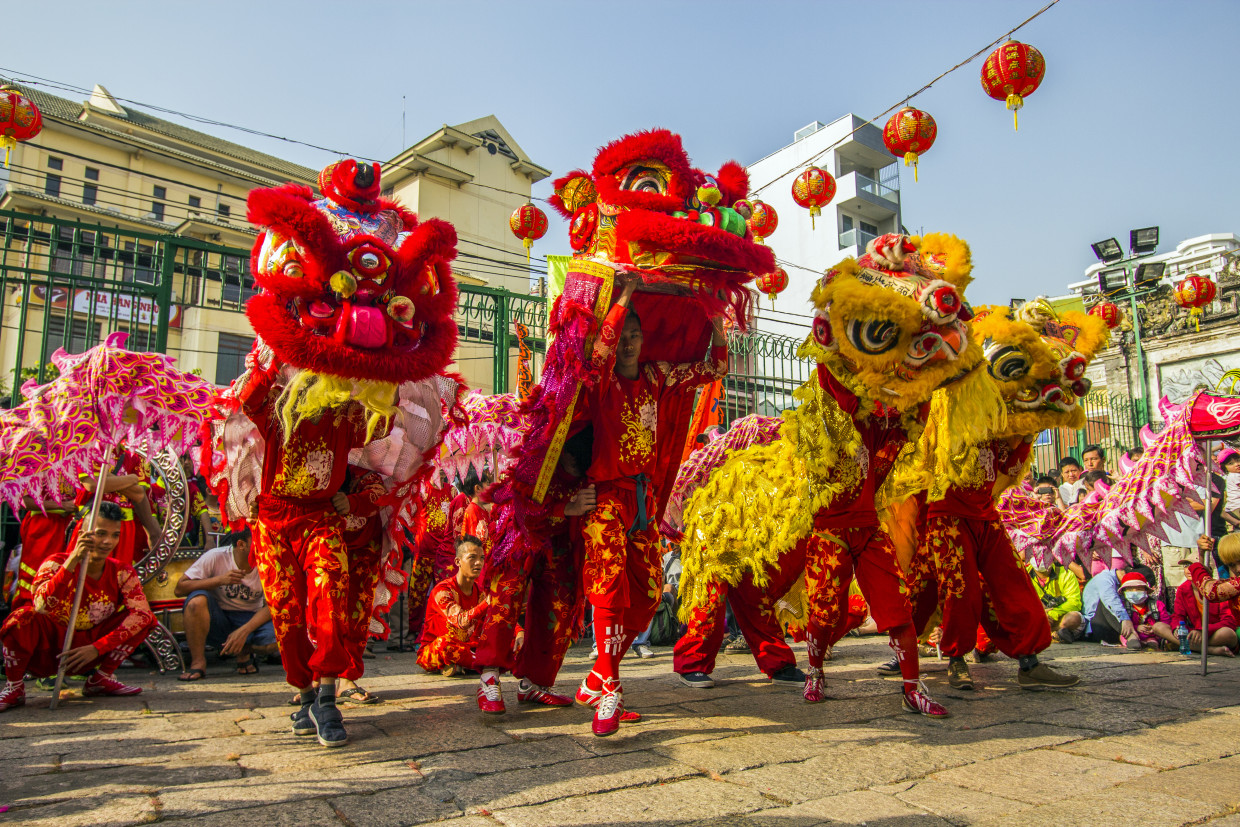 |
 | 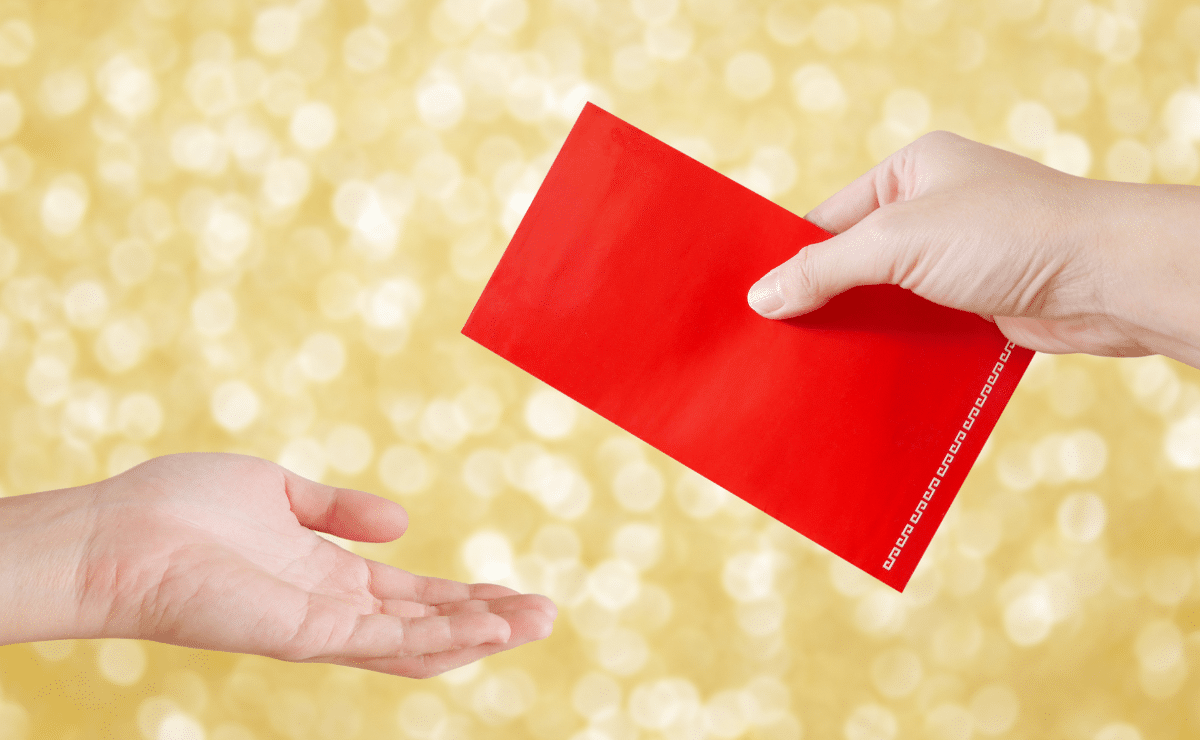 |
 |  |
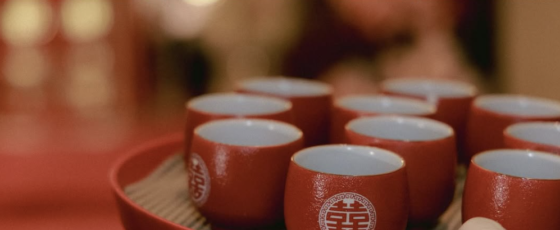 | 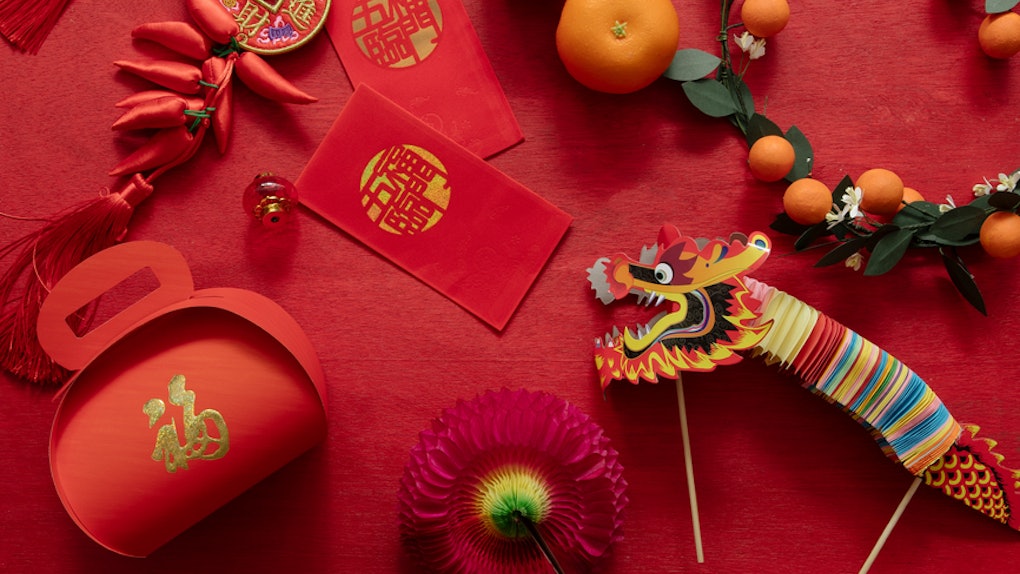 |
5. Wearing new clothes and wishing others good luck. On New Year’s Day, wearing new clothes symbolizes a fresh start. Wearing red is believed to attract luck and prosperity. Greeting others “gongxi” or best wishes is thought to usher in an auspicious year. Chinese New Year superstitions are traditional beliefs and practices observed during the Lunar New Year to bring good luck and ward off misfortune. These customs range from avoiding certain actions to performing specific rituals, all aimed at ensuring a prosperous year ahead. 20 Chinese New Year Superstitions 1. Avoid Cleaning on New Year’s Day Each culture celebrating the Lunar New Year has traditions passed down from generation to generation that are thought to bring good luck. For the Lunar New Year 2025, I asked NPR readers and listeners to share the new and old traditions they practice to ensure a lucky year ahead. Here are some of their responses, edited for length and clarity. Wong adds that many Chinese traditions around the new year, like cleaning or eating sweets, are all about setting the mood for the year ahead. "A lot of it feels about intent. From one week preceding the festival to the 15th day after, many Chinese New Year customs are widely observed for thousands of years. The family reunion dinner, eating dumplings, and setting off firework are the must-dos that you might know. Lunar New Year: A Guide to Traditions and Customs. Lunar New Year, also known as Chinese New Year, is a significant celebration observed by many Asian cultures. To ensure a prosperous and harmonious year, it's essential to follow certain traditions and customs. Lunar New Year Dos and Don'ts. Here are some tips to help you navigate the A timeline to show you top traditions and activities Chinese people do to celebrate Chinese New Year, including preparations, decorations, and celebration activities on Chinese New Year's Eve and Lunar New Year Day. In 2024, festivities will begin on Chinese New Year’s Eve, on 9 February, and continue through the Lantern Festival on 24 February. Adding another layer of meaning, Spring Festival is imbued with traditions, symbolism and superstitions. We’ve compiled a list of seven – and while readers will be familiar with most, one or two may come as a surprise. Chinese New Year (also called Spring Festival or Lunar New Year) is the most solemn traditional festival of the Chinese nation. The main content of Chinese New Year traditions is to remove the old and build new ones, worship the gods and ancestors, pray for blessings and drive off disasters. Learn the legends, superstitions and clever wordplay behind the most popular Lunar New Year traditions that will bring you luck. This year, Chinese New Year begins on Wednesday, January 29. Those who celebrate will be entering the year of the snake. Just like with any holiday, traditions abound for Chinese New Year. Some of With a history of more than 1,800 years, dumpling (饺子 Jiǎozi /jyaoww-dzrr/) is a classic lucky food for Lunar New Year, and a traditional dish eaten on Chinese New Year's Eve, widely popular in China, especially in North China. This Wednesday, Jan. 29, marks the beginning of the Chinese New Year, ushering in the Year of the Wood Snake. Also known as Lunar New Year, it is celebrated in many Asian countries, including the Chinese New Year or Lunar New Year or Spring Festival 2025 falls on Wednesday, January 29th, 2025. Snake is the new year animal. Learn more about Chinese Lunar New Year traditions, taboos, food, zodiac signs, and greetings. The Meaning of the Chinese New Year Red Envelopes. Chinese New Year red envelopes are a traditional gift for children or elderly people during Chinese New Year. In China, the red envelope (money) is called ya sui qian (压岁钱 /yaa sway chyen/), which means 'suppressing Sui [the demon]money'. Generations come together to celebrate Chinese New Year, honoring traditions and strengthening family bonds. Clean—but don’t sweep luck away. Houses are cleaned before Chinese New Year to discard bad vibes, but on the day itself, no brooms or mops are allowed. Sweeping during festivities risks brushing away newly arrived fortune. For the Lunar New Year 2025, I asked NPR readers and listeners to share the new and old traditions they practice to ensure a lucky year ahead. Here are some of their responses, edited for length Each culture celebrating the Lunar New Year has traditions passed down from generation to generation that are thought to bring good luck. For the Lunar New Year 2025, I asked NPR readers and listeners to share the new and old traditions they practice to ensure a lucky year ahead. Here are some of their responses, edited for length and clarity. 5. 年花 (New Year Flowers) Symbolism: New Year flowers such as 桃花 (peach blossoms), 富贵竹 (lucky bamboo), and 桔子树 (tangerine trees) represent growth, prosperity, and good luck. Each flower carries its own specific auspicious meaning. Application: These flowers are used to decorate homes and offices during Chinese New Year. For Each culture celebrating the Lunar New Year has traditions passed down from generation to generation that are thought to bring good luck. For the Lunar New Year 2025, I asked NPR readers and listeners to share the new and old traditions they practice to ensure a lucky year ahead. Here are some of their responses, edited for length and clarity.
Articles and news, personal stories, interviews with experts.
Photos from events, contest for the best costume, videos from master classes.
 |  |
:max_bytes(150000):strip_icc()/GettyImages-639699024-5a6f55b2d8fdd50036be4c25.jpg) |  |
 |  |
 |  |
 |  |
 |  |